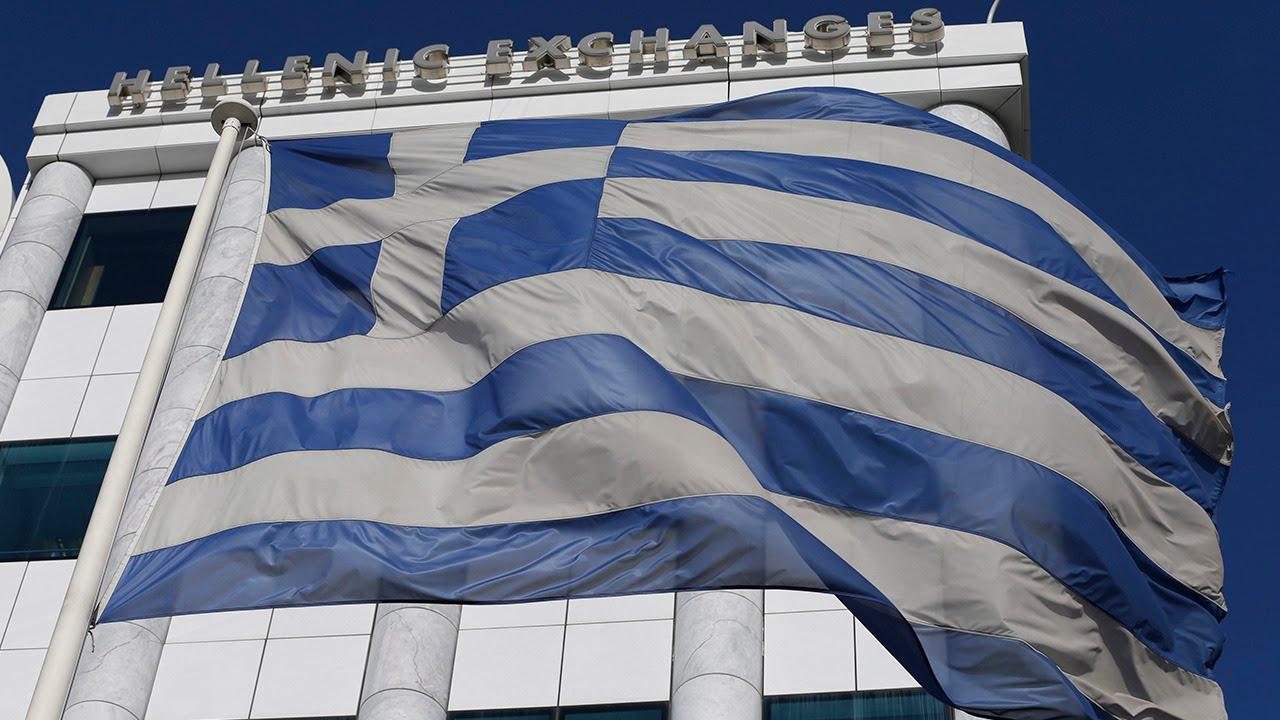The Greek people have made a stand and rejected further austerity measures from its government after voting no in yesterday’s referendum.
The Greek government hoped that the referendum would give them a better position in talks with creditors but European officials have thwarted any optimism of a quick deal.
ECB’s Nowotny said this morning that a deal in the next two days was “illusory.” Not what Tsipras would have liked to have heard.
In fact, as opposed to yesterday’s referendum cementing the Greek government, it appears to have unnerved some of the leading figures.
Greek Finance Minister Varoufakis resigned early this morning, a move he said he would make in the case of a yes vote.
The surprise announcement was met by a move higher in the Euro currency as investors looked forward to his replacement taking a softer stance on the relationship with creditors and a possible deal.
A deal, however, seems just as far away as it was on Friday.
Greece are in dire need of taking serious action. EU officials have again reiterated their conditions; Greece needs to make deep structural changes to welfare and taxes to secure the next tranche of aid.
The Greeks on the other hand, are pushing for a haircut to their debt mountain, something that some officials are saying is not going to happen.
The deadlock continues and the referendum has done nothing to ease tensions. The next moves by individual players are going to be key in how this crisis plays out.
The actions by the ECB will be pivotal to Greece’s ongoing inclusion in the Eurozone. Greek banks a heavily reliant on liquidity provisions from the ECB, if these are halted Greek banks will quickly drain and collapse. If the ECB withdraws support, it is likely to be the beginning of the end for Greece and their time in the Euro.
There are many payments Greece will have to make in the coming weeks, but the most important and one most likely to shape Greece’s future, is the payment due to the European Central Bank 20th July. If this payment is missed the ECB will be forced to reconsider ELA, a possible catalyst for Greece’s exit.
Ratings agency S&P have issued a note saying the chance of Greece leaving the Euro is now higher than them staying in.
This sentiment has been echoed by many investment banks.




